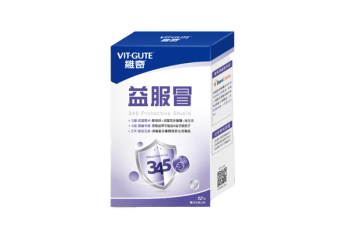
SupplySide West: Algae-Derived Immune-Health Ingredient
Valensa says Immunum Pro addresses consumers’ desire for ingredients with minimal processing and high potency.
Ingredients supplier Valensa (Orlando) announced plans to market a proprietary immune-health ingredient derived from algae that is said to provide the highest level of beta-glucan from any natural source-without additional processing.
Valensa described Immunum Pro as a “whole food” ingredient for immune support. It is derived from harvested Euglena algae that the company said yields at least 65% 1,3 beta-glucan by weight.
Algaeon (Indiana, IN), a biotech company specializing in algae cultivation and related ingredients like astaxanthin and beta-glucan, will produce Immunum Pro exclusively for Valensa using closed-system technology. Valensa will market Immunum Pro, combined with other ingredients, in supplement formulations targeting immune health.
Valensa president and CEO Rudi E. Moerck said Immunum Pro addresses consumers’ desire for ingredients with “minimal processing and high potency.”
“We selected Euglena algae-derived 1,3 beta-glucan because its form is believed to be the most effective at boosting immune support,” he added via press release. “This means lower doses required, and less space required in formulations containing additional immune-boosting ingredients. Because we’re achieving such a high level of beta-glucan by weight directly in the growing algae, we’re able to provide it as a whole-food ingredient-meaning the minimization of extraction and purification.”
Beta-1,3-glucan is just one type of beta-glucan marketed for immune health. Others may be derived from yeast, fungi, and bacteria, as well as cereal grains like oat and barley, Valensa explained. It said mixed beta-glucans are usually derived from these types of natural sources. But, the company pointed out, “structural variations in the beta-glucan family of compounds” may influence the way beta-glucans function and their potency. According to Valensa, Immunum Pro’s “linear, unbranched chain of glucose units” is the form “believed to be the most effective immune modulator of this class of beta-glucans.” The company purports that “Fungal-, yeast-, and grain-based beta-glucans contain less-effective 1,3/1,4 and 1,3/1,6 beta-glucan mixtures.”
Editor-in-Chief
Nutritional Outlook magazine jennifer.grebow@ubm.com
Photo © iStockphoto.com/Janine Lamontagne
Newsletter
From ingredient science to consumer trends, get the intel you need to stay competitive in the nutrition space—subscribe now to Nutritional Outlook.





